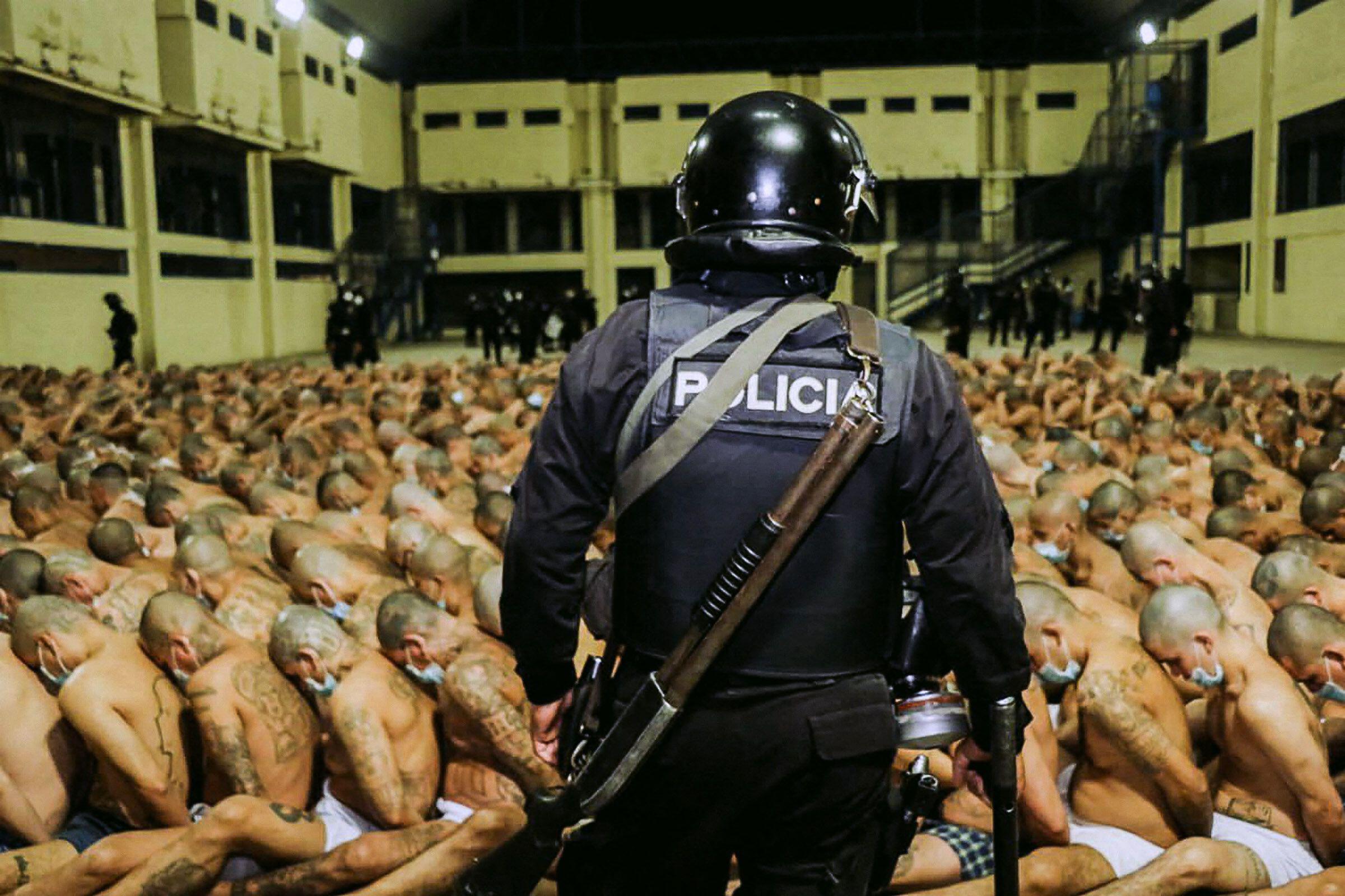 A new crackdown on the country’s dissidents shows that Than Shwe’s junta fears the power of the Internet, writes Larry Jagan
A new crackdown on the country’s dissidents shows that Than Shwe’s junta fears the power of the Internet, writes Larry Jagan
Burma’s military rulers have launched a fresh crackdown on dissidents in the country, with more than a hundred activists being handed harsh sentences in the last few weeks. ‘It’s a clear signal that the junta intends to eliminate and silence anyone who opposes their authority, especially in the lead-up to planned elections in two years’ time,’ said Win Min, an independent Burmese academic based in Thailand.
It is the biggest crackdown on the opposition in Burma since the massive pro-democracy demonstrations in 1988. All activists who the regime believes pose a challenge to their control are being targeted. Extraordinarily stiff sentences have been doled out to many activists, artists, bloggers, journalists and lawyers.
More than a hundred dissidents, including Buddhist monks, members of the 88 Generation Students group, a prominent labour activist and community activists have been sentenced to jail for up to 65 years. As a result, the number of political prisoners languishing in Burma’s prisons has more than doubled in the last 12 months.
‘The junta is clearly conducting a major crackdown on all dissent in the country,’ said Zin Linn, a leading Burmese dissident and former political prisoner based in Bangkok. ‘They want to silence all opposition before the planned elections in 2010.’
The harshest penalties were reserved for nearly 40 leading Burmese political activists from the 88 Generation students group who were each sentenced to 65 years in jail for their involvement in the monk-led uprising — dubbed the Saffron Revolt — against increased fuel prices and rising food costs. Most of them had been detained before the brutal crackdown on the demonstrators in September 2007.
According to the United Nations, at least 31 people were killed when Burma’s military rulers sent in troops to end the mass demonstrations led by columns of saffron-clad, shaven-headed Buddhist monks — the biggest challenge to military since it seized power 20 years ago. Opposition activists put the figure at more than 200 — several thousand people were also arrested and many are still detained, awaiting trial.
The 88 Generation were convicted of various charges, including charges relating to a law stipulating that anyone who demonstrates, makes speeches or writes statements undermining government stability can be given a mandatory 20-year sentence. They were also found guilty of having links to illegal groups and violating restrictions on foreign currency, video and electronic communications.
Members of the group were convicted in several separate court sittings in early November. The sentences were handed down behind closed doors — members of their families and the groups’ defence lawyers were barred from the court. ‘Is this [65 years] all you can do?’ one of the activists, Min Zeya, reportedly shouted at the judge. What is most absurd, according to human rights advocates, is that these sentences are far longer than the expected life-span of the defendants.
The court prohibited the defendants from having a defence counsel. The former student leaders are facing further charges, some 20 in all, according to relatives.
Nine of the group were previously sentenced to six month prison terms on charges of contempt of court, including the top two, Min Ko Naing and Ko Ko Gyi. They continuously interrupted the court proceedings, shouting at the judge. They refused to accept the court’s authority and insisted they would continue to oppose the judicial system using Gandhi’s tactics of non-violent civil disobedience.
Many analysts believe that the junta fears the students even more than it does the National League for Democracy (NLD), led by the detained opposition leader Aung San Suu Kyi, which convincingly won the 1990 elections but was never allowed to form a civilian government. Aung San Suu Kyi has spent most of the last 20 years under house arrest in her home in Rangoon.
‘It is this fearless refusal to accept the regime’s authority and willingness to confront the regime head-on that worries the junta most,’ said Kim Ohmar, a Burmese dissident based in Thailand with close links to the group.
Many of the group’s members were at the forefront of the mass pro-democracy demonstrations in 1988 and were tortured and given lengthy prison terms after the military coup 20 years ago. The activists resumed political activities after they were freed in November 2004, and have spearheaded the recent protests against the junta — usually focusing on the country’s deteriorating economy.
‘They think they can handle the NLD, but they know they cannot control the students,’ said a western diplomat in Bangkok who deals with Burma. These sentences will leave them in prison well past the election.
‘The current convictions are only the tip of the iceberg,’ Benjamin Zawacki, the Burma officer for the UK-based human rights organisation Amnesty International. ‘Most of them have been held for more than 12 months without trial — and in some cases without being charged,’ he added. ‘This is probably only the start of a season of trials and convictions,’ he said.
Amongst the earlier convictions was Burma’s best-know blogger, Nay Phone Latt, sentenced to more than 20 years for publishing a cartoon of the country’s top military leader, General Than Shwe on his website. His trial was also held behind closed doors in Insein prison’s special court, as was the trial of well-known poet Saw Wai, handed down two years after his poem mocking Than Shwe, ‘February 14’, was published in the Ah Chit [Love] Journal. The first words of each line of the poem spelled out ‘Power Crazy Senior General Than Shwe’.
The discrepancy between the sentences given to the blogger and the poet for essentially the same crime — belittling Than Shwe — suggests that the regime is particularly worried about the opposition’s use of technology, especially the Internet. They were horrified by the reports, pictures and videos that were transmitted through the Internet and mobile phones during the Saffron Revolt and the aftermath of Cyclone Nargis.
‘They [the junta] are extremely worried about things they don’t understand and cannot control,’ said Mr Zawacki. ‘The blogger’s sentence reflects the greater level of threat they see in postings on the Internet compared to poetry.’
In the lead up to the election in 2010, the regime is worried about how to control the flow of information, both inside and outside the country. During the Saffron Revolt they tried to control the Internet by periodically shutting down the servers, often for days at a time. They also realise that firewalls intended to prevent access to certain websites have failed miserably in Burma, as they are easily bypassed. Now they are resorting to their tried and tested tactic of generating fear. ‘The message is clear: the dissemination of information and images through new technology will be severely punished,’ said Mr Zawacki.





